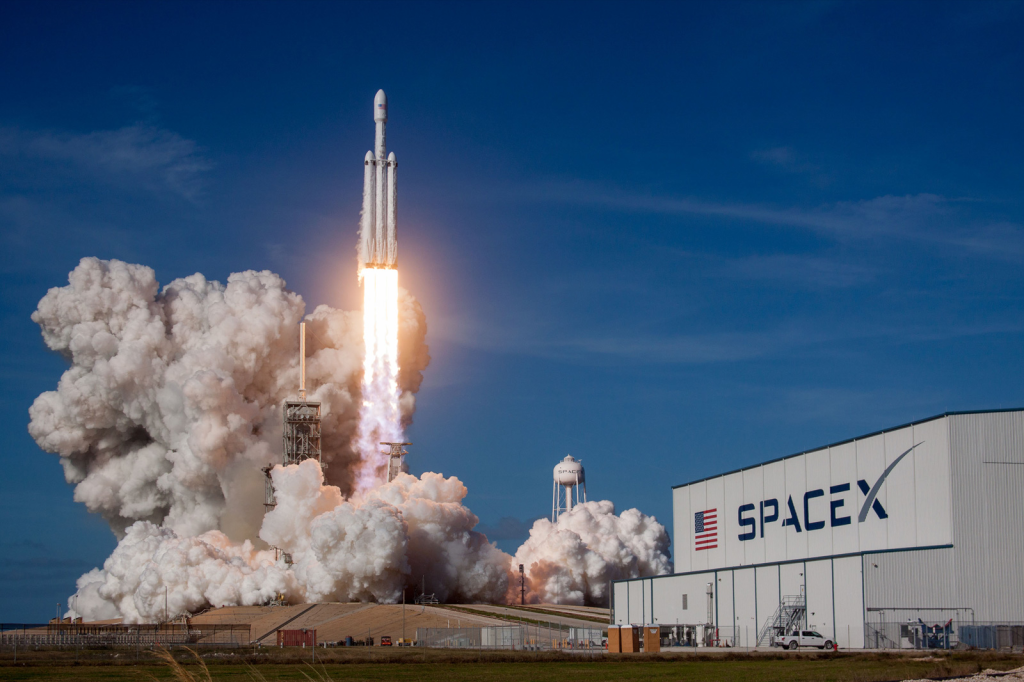SpaceX has temporarily grounded its Falcon 9 rockets after it suffered a malfunction during the launch of a rescue mission for two astronauts stranded aboard the International Space Station.
The launch from Cape Canaveral Space Center in Florida on Saturday delivered a Crew Dragon spacecraft to the ISS, where Nasa astronauts Butch Wilmore and Sunita Williams have been stranded since their Boeing Starliner craft malfunctioned and was forced to return to Earth empty earlier this month.
After sending the Crew Dragon into orbit, SpaceX said its Falcon 9’s second stage encountered an issue while coming back to Earth.
“After today’s successful launch of Crew-9, Falcon 9’s second stage was disposed in the ocean as planned, but experienced an off-nominal deorbit burn,” the company posted on X after the launch.
“As a result, the second stage safely landed in the ocean, but outside of the targeted area. We will resume launching after we better understand root cause.”
The Dragon capsule successfully docked with the ISS and is expected to return the astronauts to Earth in February.
The latest Falcon 9 launch was the 90th this year, with SpaceX completing 96 orbital launches so far in 2024 – equalling its previous record set in 2023.
The next Falcon 9 launch was due to take place on Sunday, delivering Starlink satellites to space, however the mission remains grounded until the issue is sorted.
SpaceX’s next-generation Starship rocket, which is the biggest rocket ever built, has also been grounded until regulators complete safety and environmental checks.
The US Federal Aviation Administration (FAA) said that it had postponed the latest Starship launch until late November due to SpaceX changing the profile of the mission.
“SpaceX’s current licence authorising the Starship Flight 4 launch also allows for multiple flights of the same vehicle configuration and mission profile. SpaceX chose to modify both for its proposed Starship Flight 5 launch which triggered a more in-depth review,” a spokesperson for the FAA told The Independent.
“In addition, SpaceX submitted new information in mid-August detailing how the environmental impact of Flight 5 will cover a larger area than previously reviewed. This requires the FAA to consult with other agencies. SpaceX must meet all safety, environmental and other licencing requirements prior to FAA launch authorisation.”
The FAA also issued a fine of $633,009 (£480,000) in civil penalties for alleged safety violations for two SpaceX launches last year.
SpaceX boss Elon Musk has accused the FAA of “regulatory overreach”, claiming that he was filing a lawsuit against the regulator.F



